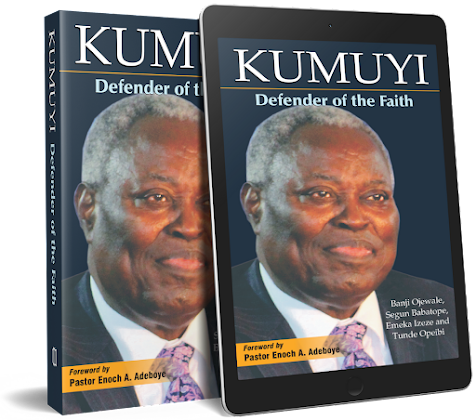By Tijani Salami
I was talking to a fellow physician a few days ago that had
recently treated a 70-year-old woman with cervical cancer.
Upon examination it turned out she was infected with schistosomiasis, a parasitic worm, commonly known as bilharzia. It is quite likely that her long-term infection with the schistosomiasis parasite had caused her cervical cancer. She died a few months later.
Currently
a group of doctors from tertiary hospitals across Nigeria are leading an
awareness campaign on Female Genital Schistosomiasis (FGS). They started the
campaign because they realized that many women are not being diagnosed at
primary or secondary health care facilities. It is only when they present at
tertiary hospitals, often with cancer symptoms, that FGS are being diagnosed.
Women have reported that FGS is rarely mentioned when they are treated for
infections at primary healthcare centers and many healthcare workers are simply
not aware of the disease – which can be easily prevented.
In fact, millions of Nigerian women are at risk of serious
reproductive health complications as a result of exposure to
schistosomiasis. In English it is commonly known as bilharzia but is also
known as Àtọ̀s í Ajá in Yoruba,
Tsargiya in Hausa and Avàrà or Etu
in Igbo. It is a chronic water borne disease caused by parasitic worms and Nigeria has the
highest burden of the disease in Africa, with reports across the 36 states and
the Federal capital. Infection can occur through the skin by coming into
contact with water contaminated with the parasites, and children are often
infected while swimming or collecting water. Women are also at risk as they are
more likely to take washing to infected creeks or rivers, and to fetch and
carry water for the household. Urban women and girls are also susceptible when
washing or bathing in contaminated water.
Because
the symptoms of the disease mimic those of sexually transmitted
diseases (STDs) or urinary tract infections (UTIs) such as vaginal discharge,
blood in the urine and abdominal and pelvic pain, most cases are misdiagnosed
in our clinics. If untreated, FGS causes infertility, spontaneous abortion,
ectopic pregnancy, genital ulcers and increases risk of HIV transmission and
cancer of the cervix. There is no national data on the prevalence of the
disease but it is reportedly affecting about 56 million African women and
girls globally. If Nigeria is the most affected country in Africa, our
numbers are bound to be very high.
Currently there are no public health interventions in
Nigeria targeting FGS and ultimately a comprehensive approach will be needed to
eliminate this disease by ensuring all Nigerians have access to clean safe
water and sanitation. But we do not have to wait to stop this disease from
damaging one more woman. Preventive doses of Praziquantel, administered every
6-12 months from childhood through adult life would dramatically reduce
infections and the terrible burden it is placing on Nigerian women. The cost of
such treatment is less than 300 naira ($1) and is readily available with no
adverse effects.
In my health outreach work in rural communities, I have already
adopted a preventive strategy, encouraging all girls and women to take
Praziquantel as part of our deworming project. We have already seen a reduction
in STIs and pelvic infections, and fewer hospital visits.
A few weeks ago the Federal Minister of Health Dr Osagie
Ohanire said that 122 million Nigerians are at the risk from 15 Neglected
Tropical Diseases of which schistosomiasis is one. The minister said that the
diseases are devastating, but are barely mentioned in the media. I was pleased
to hear the minister call on the media to ensure there is greater awareness of
NTDs, but even he failed to mention Female Genital Schistosomiasis.
The current strategic programme on NTDs , which includes
schistosomiases, doesn’t specifically address FGS, perpetuating the myth that
schistosomiasis is a disease that mainly affects children and men.
We
must make FGS a public health priority with a combination of mass drug
administration and education. It is time for Nigeria’s Ministry of Health
to develop a comprehensive strategy for the elimination of FGS including
raising awareness of the disease and its treatment, distributing Prazinquantel
routinely to all children and adults, and commencing FSG screening for all
women alongside cervical cancer screening.
Additionally, the government should invest directly in NTD
prevention and treatment rather than rely on foreign partners to do this work,
collaborate with educational leaders to teach FSG prevention in school health
programmes and ultimately make the provision of clean water and sanitation a
health priority for all Nigerians.
Female Genital Schistosomiasis is a serious public health problem
in Nigeria that can be easily prevented. We owe it to the women and girls of
this country to raise awareness of the disease and take immediate steps to
address it. This is an achievable goal if our leaders are willing to take
action.
*Dr Salami is a physician, sexual and reproductive health expert and founder of Sisters Caregivers Project Initiative, which provides medical and social support for women and advocates for an end to child marriage and maternal malnutrition. @DrSalamiTijani1




















